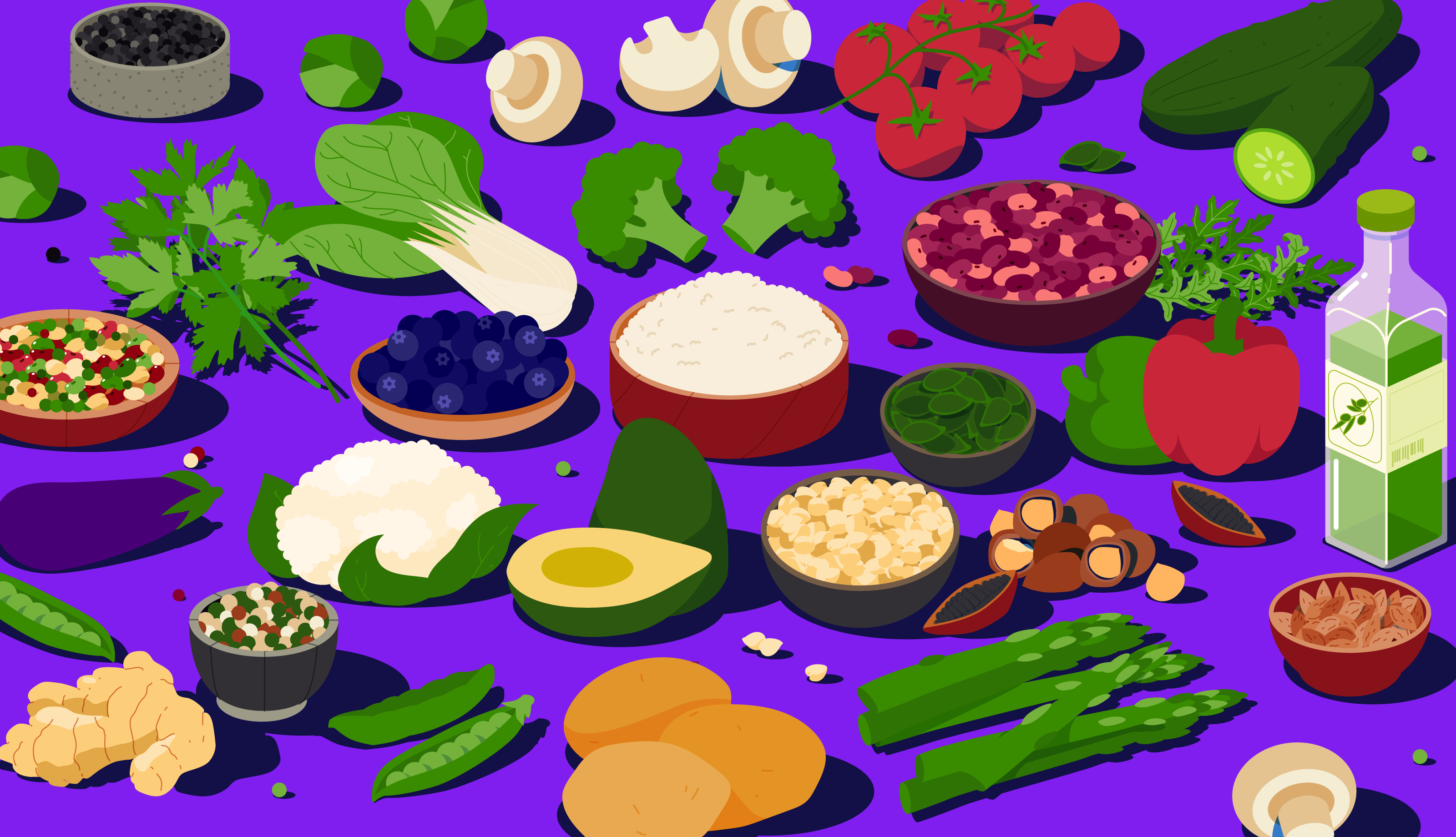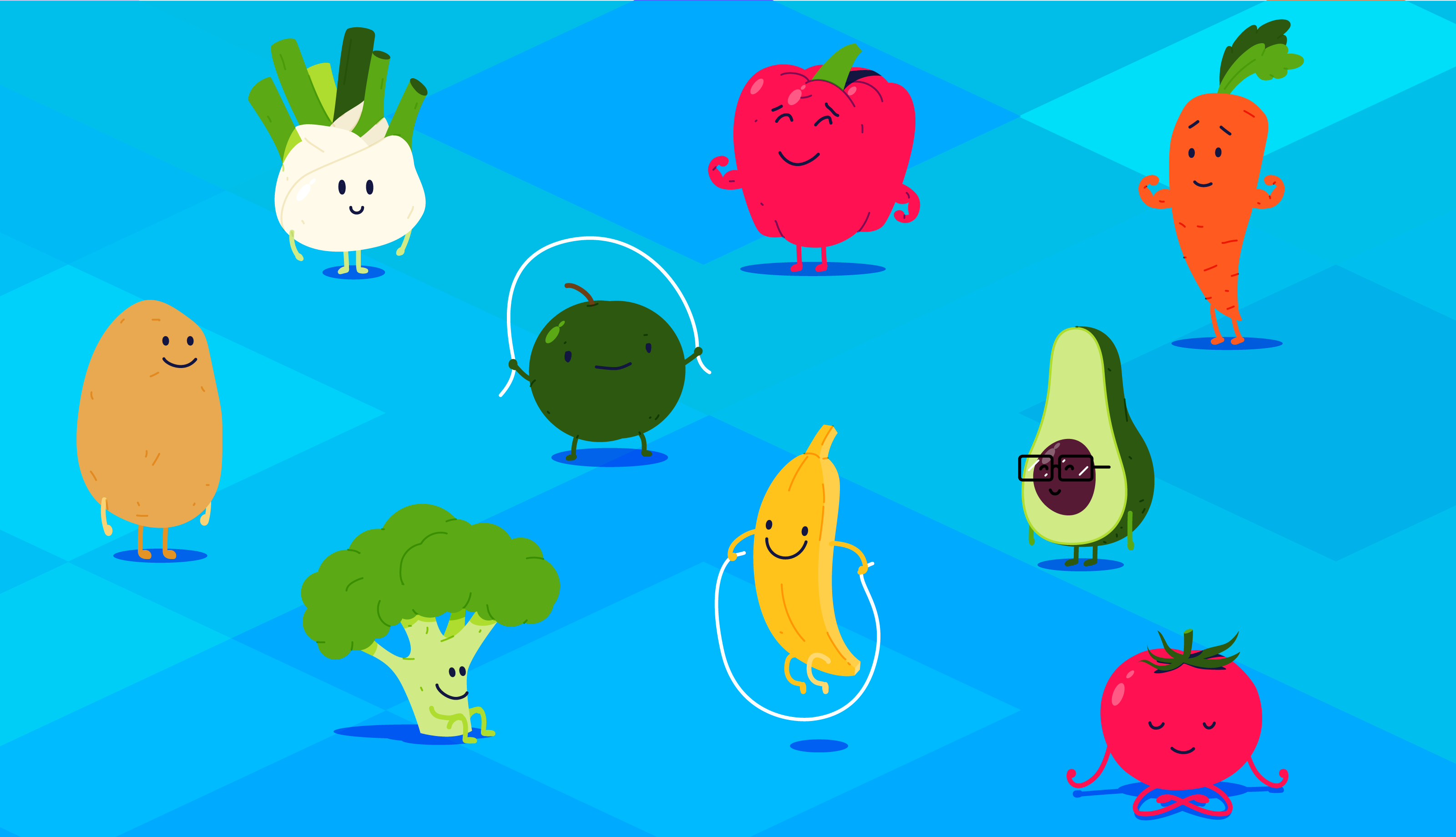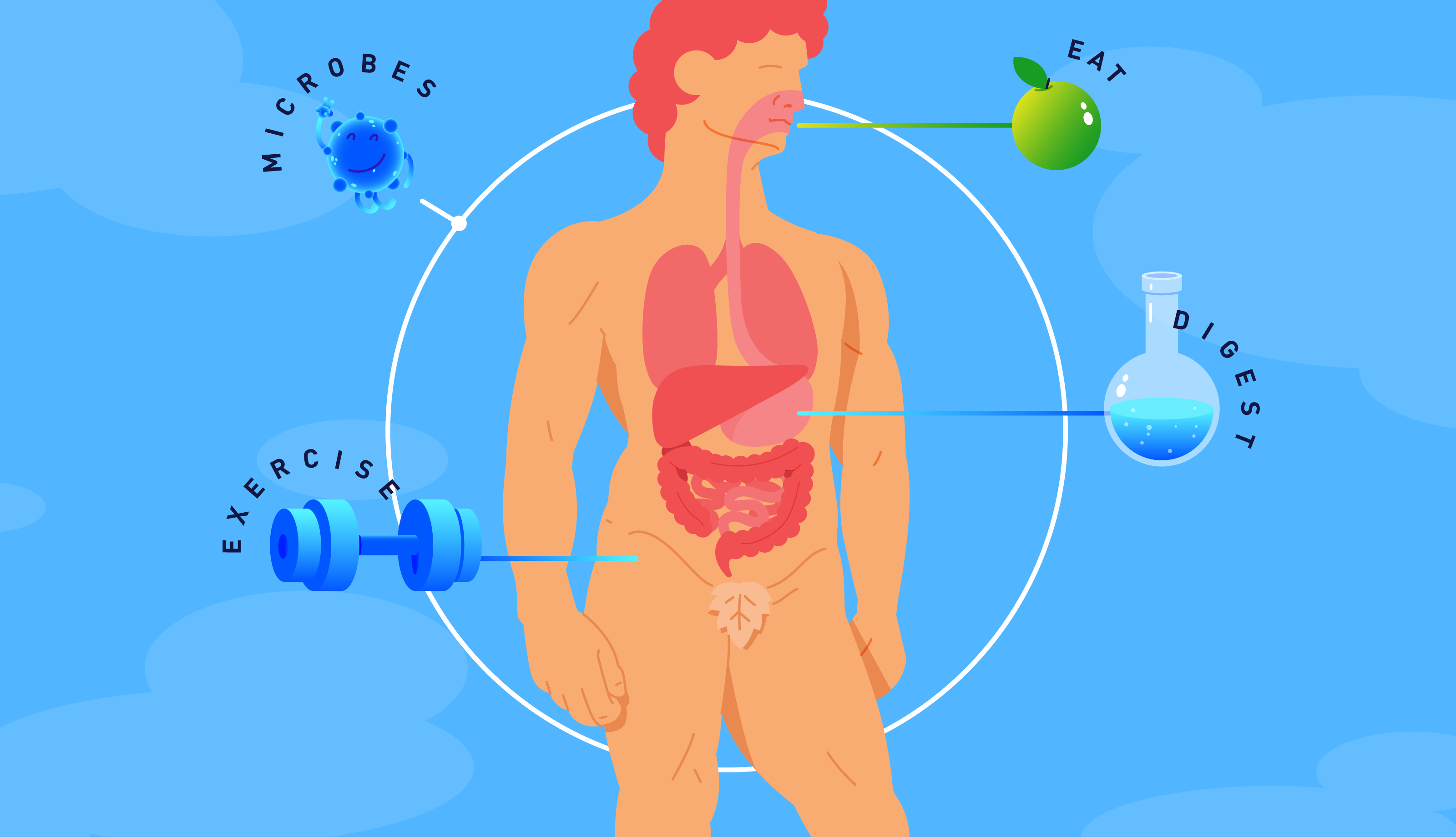Here is everything you need to know about a plant-based diet to unlock your body’s full potential, and optimise your gut microbiome for whole body health.
As humans are trying to boost their health and performance, food has become a focal point of biohacking. Find out what the world of veg and fruit can give you and how to make it a fun process.
Table of contents:
- What is a plant-based diet?
- Health benefits of eating plants
- The risks of a plant-based diet
- Plant-based meat alternatives
- Meat-free meal ideas
☝️DISCLAIMER☝This article is for informational purposes only. It is not intended to constitute or be a substitute for professional medical advice, diagnosis, or treatment.
What is a plant based diet?

According to the British Dietetic Association, a plant-based diet is based on vegetables, wholegrains, legumes, nuts, seeds, and fruits, with little or no animal products.
You’re probably wondering whether there’s a difference between plant-based and vegan diets, or whether eating plant-based is vegan. Well, “plant-based” is a broad term that encompasses a variety of eating patterns.
Different plant-based diet types
| Diet | Good to eat | Foods to avoid |
|---|---|---|
| Lacto-ovo vegetarian | Plants, eggs, and dairy | Meat, poultry, fish, and seafood |
| Ovo-vegetarian | Plants and eggs | Dairy, meat, poultry, fish, and seafood |
| Lacto-vegetarian | Plants and dairy | Eggs, meat, poultry, fish, and seafood |
| Vegan | Plants | No animal-derived products |
| Pescatarian | Plants, fish, and seafood (may include eggs and dairy) | Meat and poultry |
| Flexitarian | Mainly plants with animal-derived foods in moderation | |
If your diet is mainly made up of whole, plant-based foods, even with meat, fish, or dairy in moderation, then you are probably following a flexitarian plant-based diet. However, if your diet is mainly composed of refined carbohydrates, processed foods, and “vegan” fast food, then it is not a plant-based diet.
Health benefits of eating foods of plant origin
There’s a good amount of evidence indicating that people who choose nuts, legumes, fish, or poultry) as sources of protein have lower risk of coronary heart disease, diabetes, obesity, and cancer.
One reason that plant-based diets benefit the body is because they contain prebiotics (especially fiber), which fuel the activities of beneficial bacteria in your gut. These microbes keep the gut healthy and stimulate the production of beneficial nutrients, like short-chain fatty acids and vitamins.
☝️TIP☝️ Discover what gut bacteria are in your gut and how they influence your health with the Atlas Microbiome Test.
Do plants provide protein?
Your body contains about 10,000 types of protein that power everything you do. Proteins are made up of 20 common amino acids, 9 of which cannot be made by the body and must come from your diet. It is widely believed that plants don’t have protein, but that’s simply not true.
| Protein source | Serving size | Protein/grams | Fiber/grams | Lentils (cooked) | 1 cup | 18g | 15g |
|---|---|---|---|
| Buckwheat | 1 cup | 22g | 17g |
| Tempeh | 100g | 14g | 6g |
| Tofu | 1 cup | 10g | 0g |
| Chickpeas | 1 cup | 12g | 7g |
| Seitan | 1 cup | 16.5g | 13.1g |
According to the British Nutrition Foundation, the daily reference protein intake for adults is:
- 0.75g per 1 kilogram of body OR
- 56g/day per day for men aged 19–50 years
- 45g/day per day for women aged 19–50 years
Plant-based diets and athletic performance
If you are into sports and considering a plant-based diet for health or ethical reasons, then you might be a bit skeptical. After all, the general consensus for decades has been to promote meat as the only real source of protein.
Recently, people have been coming around to the idea of a plant-based diet for athletes, mainly thanks to the Netflix plant-based diet documentary, Game Changers, in which a UFC champion fighter experiments with a plant-based diet for athletic performance.
The Romans didn’t agree. One study demonstrates that the Roman gladiators and legionnaires ate a plant-based diet. Their daily ration consisted of 78% carbohydrates, most barley, and beans. Interestingly, when you combine beans and grains, you get a complete protein (that is equal to meat-based protein).
Plant-based cyclist and other vegan athletes
One of the most active proponents, Nigel Mitchell, has been working behind the scenes to convert athletes to plant-based diets since the 90s. As Head of Nutrition for British Cycling and Team Sky, he helped them achieve several Tour de France victories.
☝️TIP☝️Nigel Mitchell is the author of “The Plant-Based Cyclist” book that contains high-protein plant-based meals and tips on health and nutrition.
Risks associated with plant-based diets
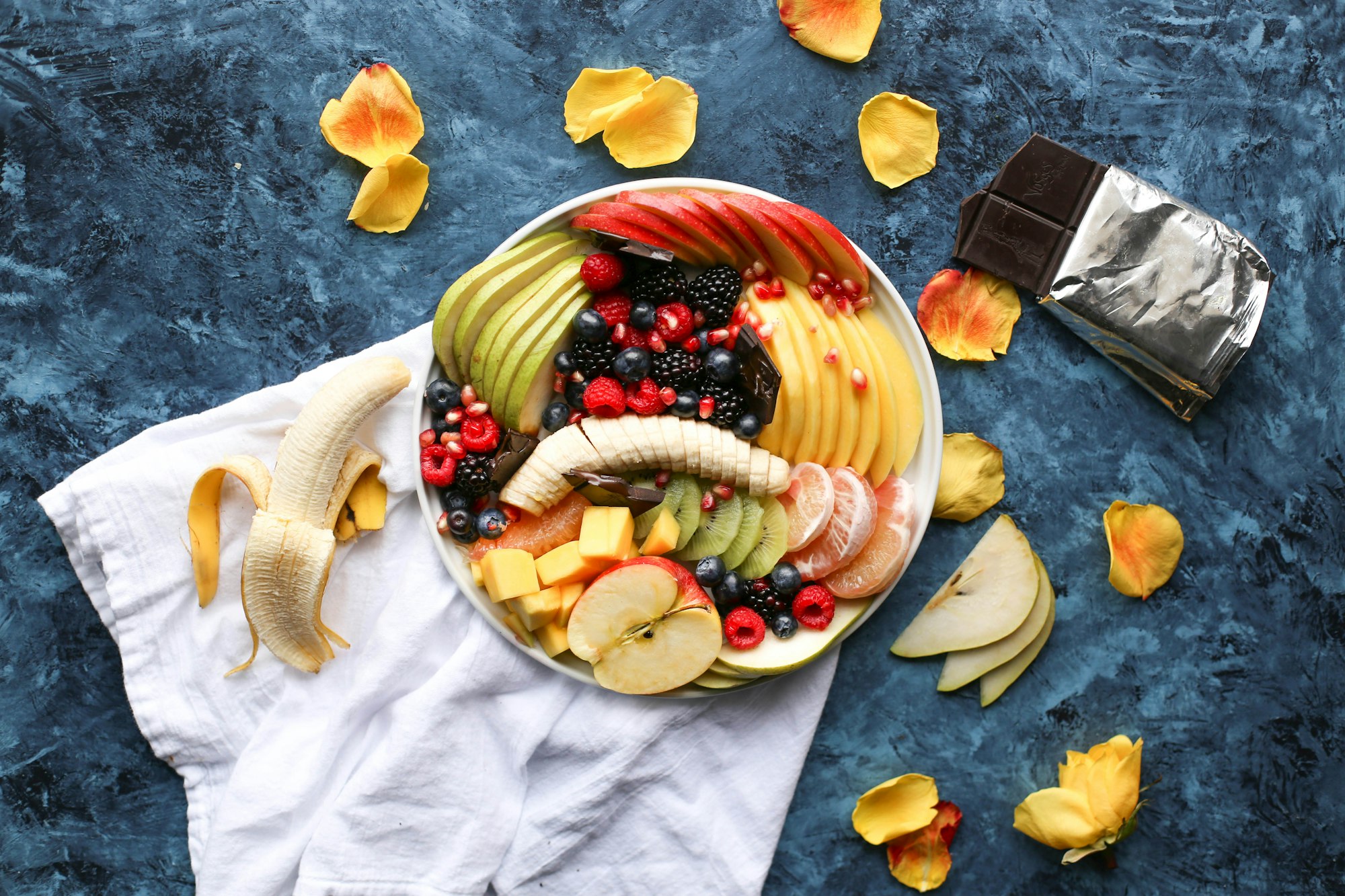
If you decide to exclude animal products from your diet, then you need to be particularly mindful of potential nutrient deficiencies. Plant-based diets can meet your body’s needs, but they require diversity and supplementation to meet the high-energy and nutrient requirements of an athletic body.
| Nutrient | Plant sources |
|---|---|
| Calcium | Dried fruit, seeds, nuts, leafy greens, red kidney beans, and tofu |
| Omega 3 fatty acids | Walnuts and soy beans, seeds such as flaxseed, hemp, and chia seeds, and their oils |
| Iodine | Seaweed, iodised salt and milk, and supplements |
| Vitamin B12 | Supplements or vitamin B12-fortified foods, like cereals, soy products, and yeast extracts |
| Iron | Nuts, dried fruits, leafy green accompanied by foods rich in vitamin C |
| Zinc | Fermented soy, legumes, wholegrains, nuts and seeds |
| Selenium | Brazil nuts, brown rice, sunflower seeds, baked beans, mushrooms, oatmeal, spinach, lentils, cashews, bananas |
If carefully planned, a plant-based diet is generally safe for healthy people. However, those who are prone to allergies and food intolerances might struggle to combine dietary restrictions with their nutritional needs.
☝️TIP☝️Always consult a dietitian or nutritionist to plan your plant-based diet as an athlete. This will help avoid any nutritional deficiencies that can affect your health.
Plant-based animal product substitutions
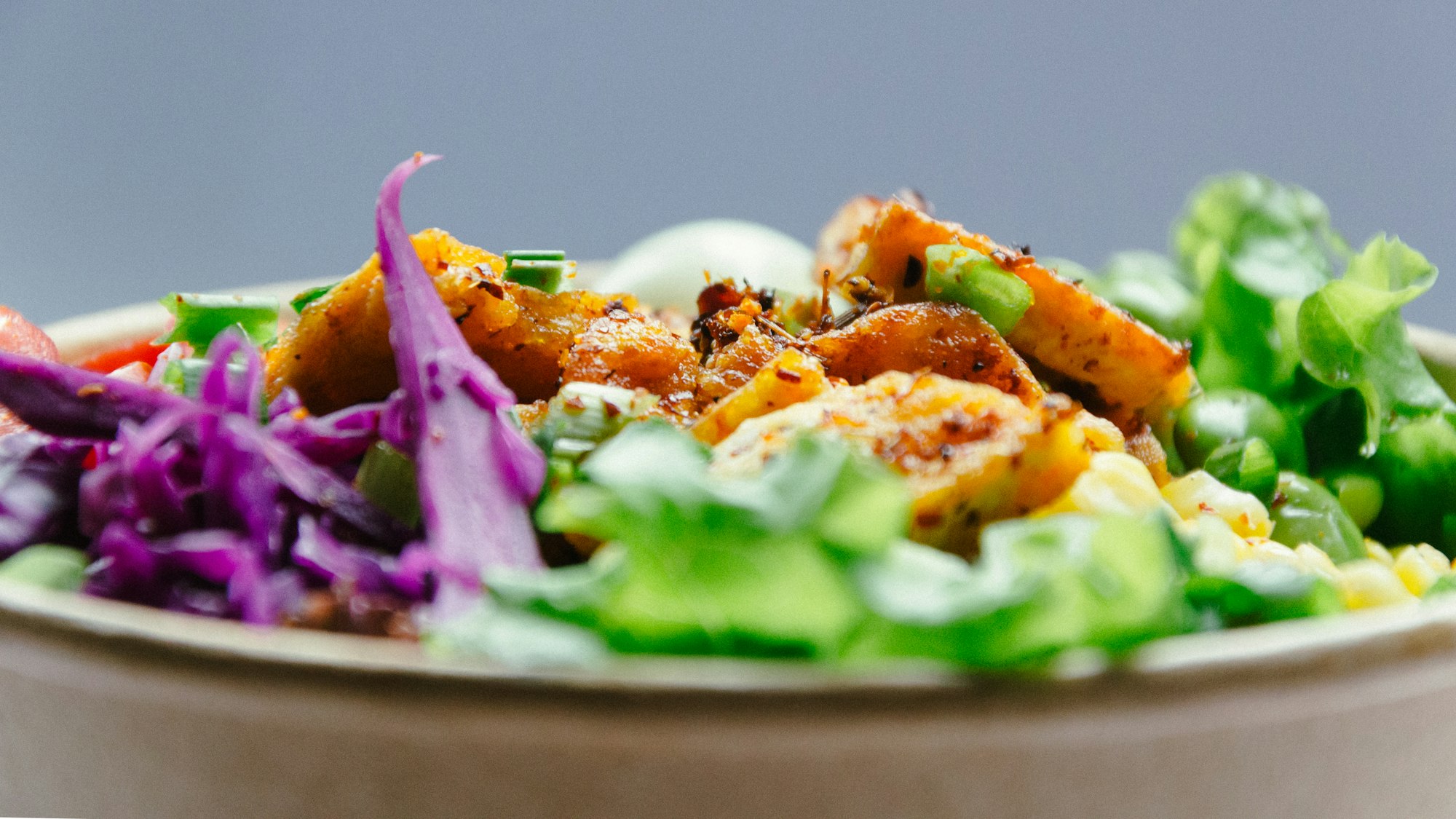
Nowadays, it’s easy to get your hands on plant-based foods and vegan protein. In fact, in 2018 the UK overtook Germany as the world’s biggest purveyor of vegan foods. Even fast food outlets like Burger King are jumping on the bandwagon with a plant-based whopper.
However, just because you can now eat your fill of plant-based meats, plant-based chicken wings, plant-based mince, and plant-based chicken doesn’t mean you should. These processed foods contain lots of salt and fat.
As any true athlete will tell you, you need to learn how to cook so you can control your portions, as well as macro- and micronutrient intake. Scientific research agrees: people who eat home-cooked meals consume more fruit and veg, and are slimmer too.
Plant-based meal ideas
Eating plant-based doesn’t have to be boring. Here are a few plant-based meal recipes that will show you how scrumptious and fun a plant-based diet can be.
Make this plant-based burger recipe to treat your gut microbes. It has beans, which are a great source of protein and prebiotic fiber to feed your gut bacteria.
Snack on hummus with this really simple prebiotic hummus recipe, or serve yourself a plant-based quinoa bowl that will satisfy your mouth and microbes.
You can benefit from the plant-based diet at any age and stage of your life. The best way to make sure your body receives everything is a conscious approach and a diet rich in diverse whole foods.
☝️Remember☝ Plant-based junk food is still junk food, even if it is vegan. Plant-based diets can be delicious if you open your mind to new flavours and ideas.

